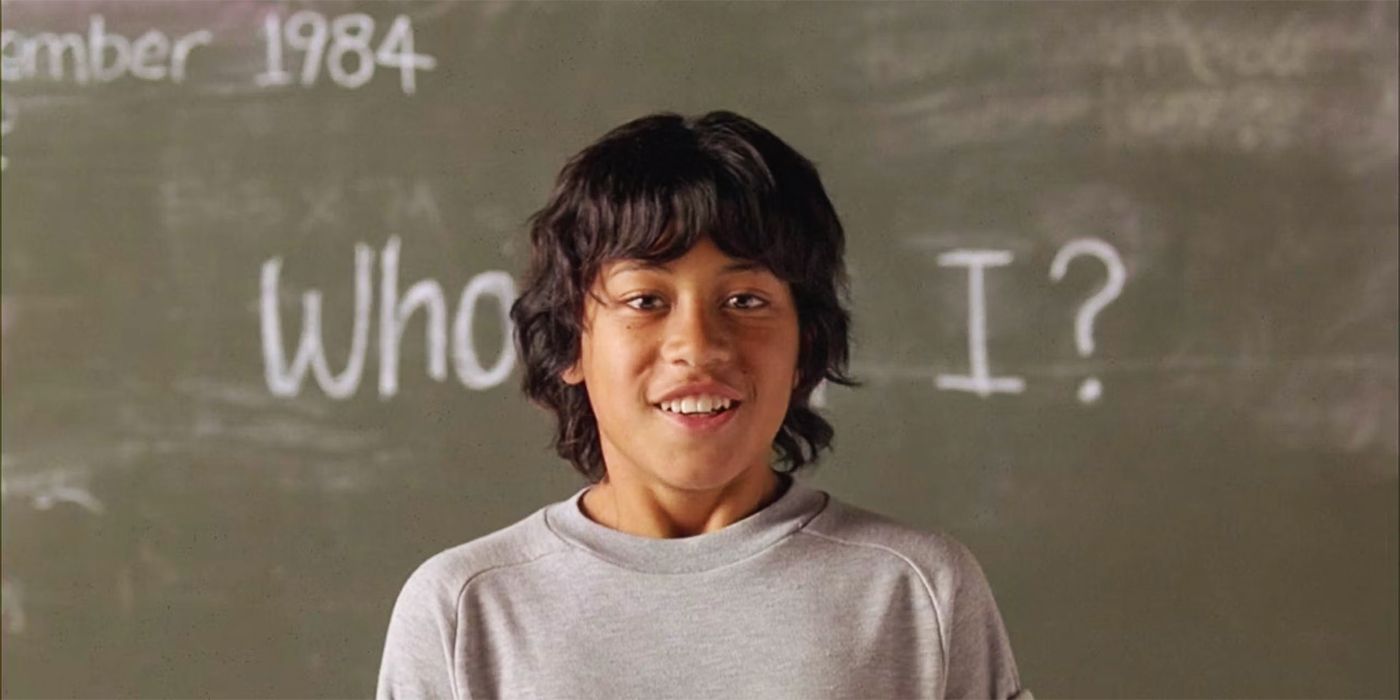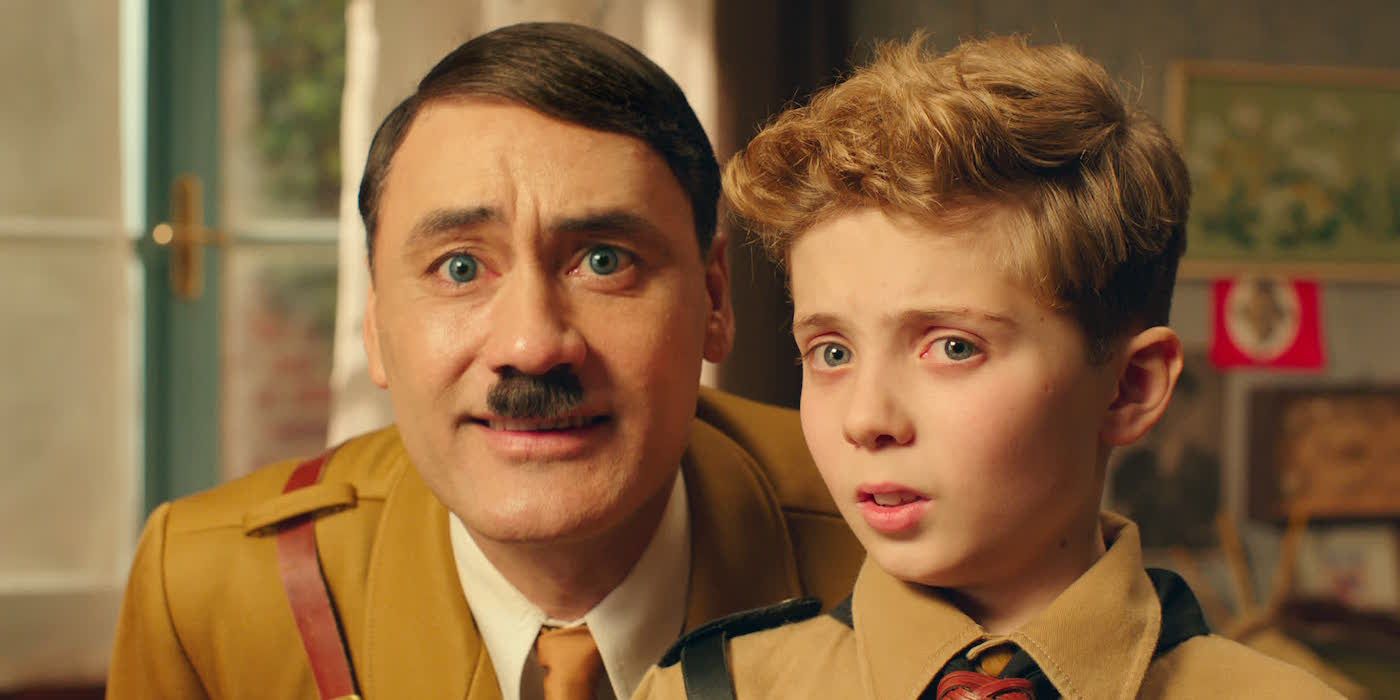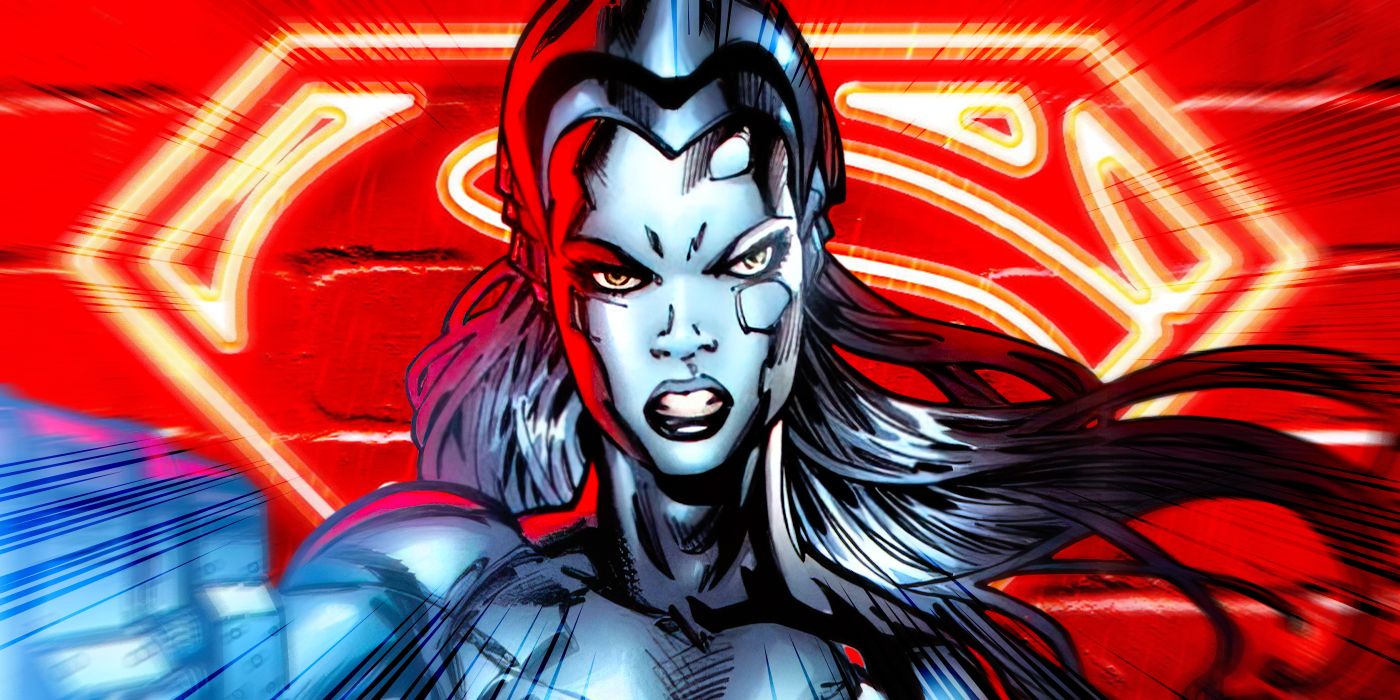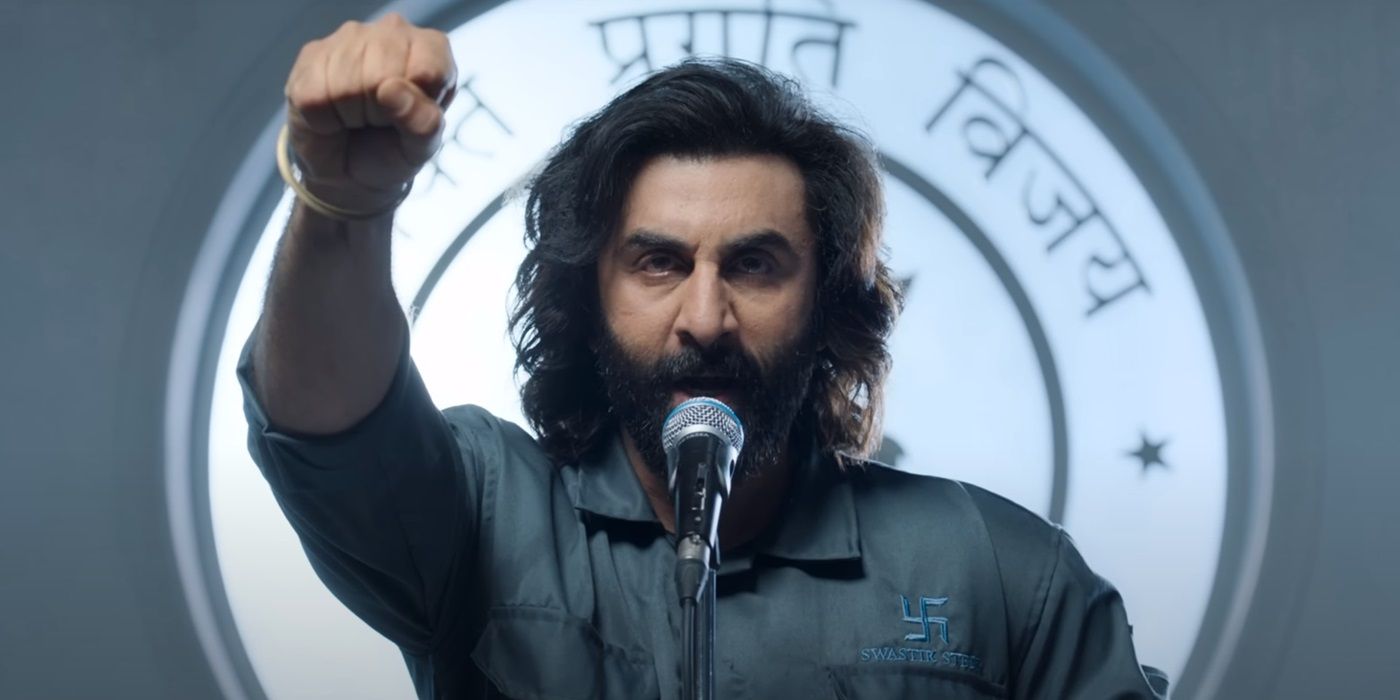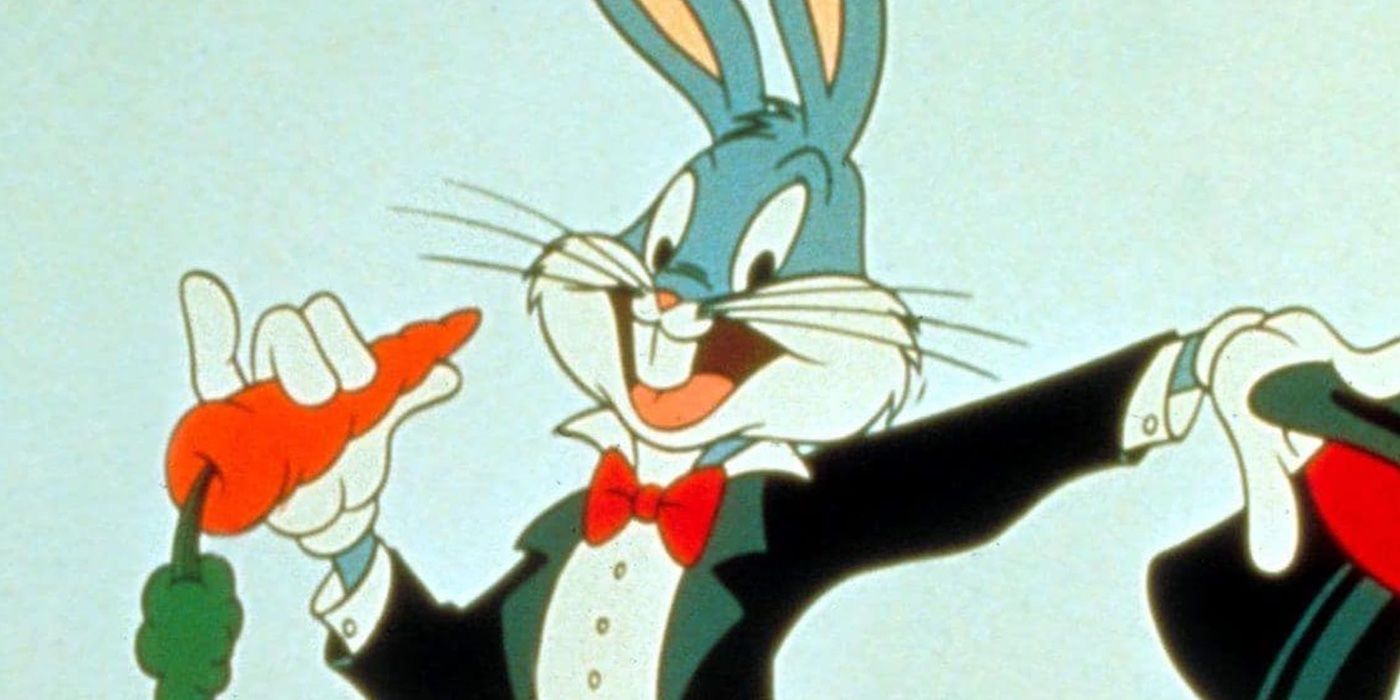The Big Picture
-
Boy
is a whimsical, comedic film that explores the coming-of-age of both a father and son in a Maori community. - Taika Waititi’s performance as Alamein is a standout in the film, showcasing his strange and compelling presence as a performer.
- While Waititi’s films have been successful, there is a sense that he is repeating himself and may be stuck in a creative rut.
Boy is Taika Waititi‘s second feature film. It returns to the subject matter of his Oscar-nominated short, “Two Cars, One Night,” which took a kids-eye perspective to life in a Maori community, but takes a more whimsical, comedic approach. The new tone is somewhat recognizable from his first feature, Eagle vs. Shark, an oddball love story starring Loren Horsley (who co-wrote the script) and Jemaine Clement. But really, Boy is its own thing. If you’ve seen any of Waititi’s films since, Boy is immediately recognizable as one of his, but that’s not exactly a complement. Waititi has enjoyed all sorts of success working in his current comic style. But, at least as far as his films are concerned, he’s been repeating himself, and it’s starting to feel like he’s stuck in a rut.
Boy
Boy, an 11-year-old child and devout Michael Jackson fan who lives on the east coast of New Zealand in 1984, gets a chance to know his absentee criminal father, who has returned to find a bag of money he buried years ago.
- Actors
- James Rolleston, Te Aho Aho Eketone-Whitu, Taika Waititi
- Director
- Taika Waititi
- Release Date
- March 25, 2010
- Run Time
- 1h 27m
- Studio
- Transmission Films, Madman Entertainment, Kino Lorber
‘Boy’ is a Coming of Age Story, For Both a Father and Son
Boy is the story of Alamein, nicknamed “Boy.” He’s an eleven-year-old growing up, in 1984, in a town in rural New Zealand, where there sometimes seem to be only one adult for every six kids. The movie begins with his grandmother, the only adult looking after Boy, his little brother, Rocky, and several cousins, leaving him in charge of the household while she travels to a funeral. No sooner than she’s left than Boy’s father, also named Alamein, returns home from prison. For a disastrous few days, Alamein, a charismatic but out-of-control man child with criminal tendencies, moves back home and throws the community into chaos.
Boy has an unhealthy admiration for his dad, based in fantasies that are mixed together with his hero worship of Michael Jackson. Alamein plays into his son’s behavior because he has also delusions of grandeur about himself; he believes that this quick trip back home will be the beginning of a triumphant new era, as soon as he can get his hands back on the stolen loot he buried before getting hauled off to jail. Alamein seems to have had several childhoods already, but this last one may be his most desperate yet. And so, while Boy tries to be like his dad, his idealized idea of a grown-up, Alamein destructively tries to recreate his misspent youth.
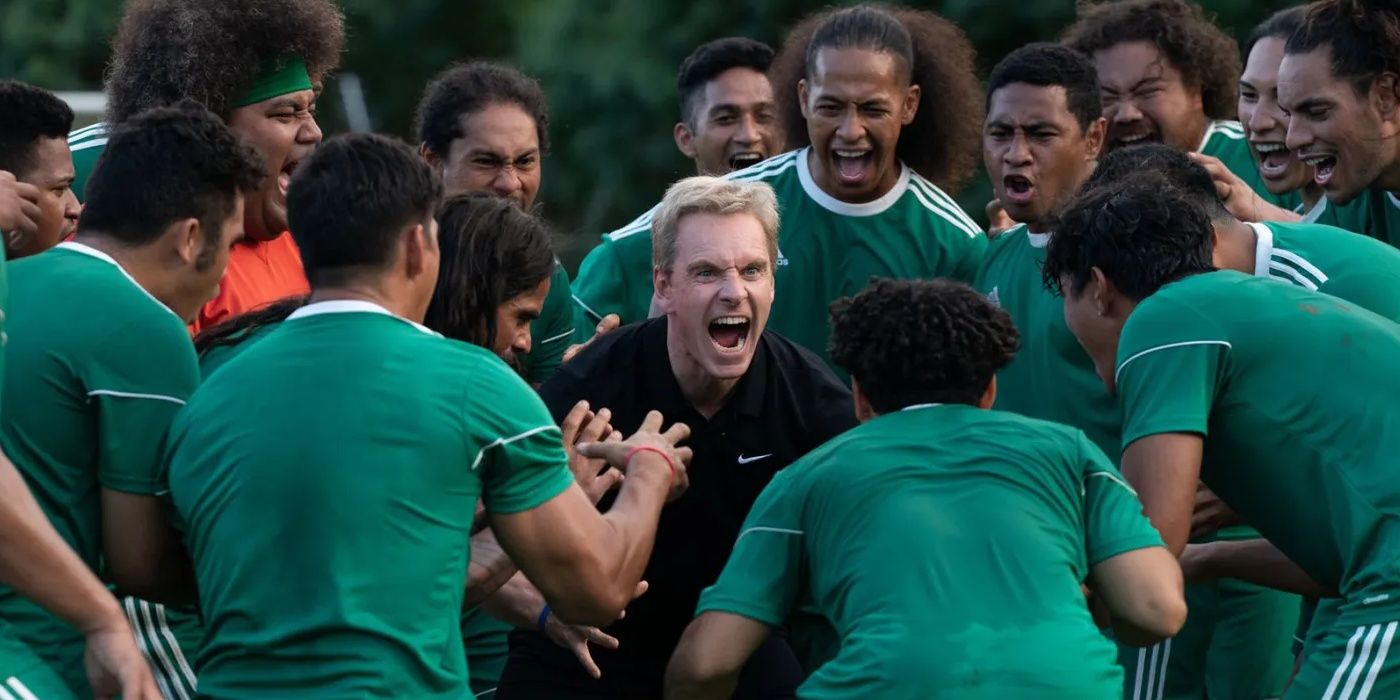
The True Story Behind Taika Waititi’s ‘Next Goal Wins’
Turning an underdog team into an elite squad.
Boy is played by James Rolleston, a miraculous last-minute find, who holds the film together. Alamein is played by Waititi himself. Although he only took the role himself after a lengthy casting process failed to turn up the right actor, it’s hard to picture him giving the part to anyone else. It’s also hard to imagine someone else being better in the role. The movie seems designed around Waititi’s strange and compelling presence as a performer. He frequently calls on himself to act out Boy’s idealized fantasies of the character: escaping from prison, busting moves like Michael Jackson, or training as a samurai warrior. Waititi here is still physically unpolished, but he gives a lot of himself. Never moreso than in the movie’s final scene, which actually takes after the credits. This scene may be the most critical in any of Waititi’s films if you want to understand him as an artist.
Boy clearly refers to both father and son, but Waititi comes dangerously close to letting his own character take over the film. The film’s climactic confrontation, when Boy finally throws off his father’s influence, is seen from Alamein’s point of view, not Boy’s — Waititi reels it in with a thoughtful coda that cedes the movie back to Boy. However, after the movie is over, Waititi comes back with a vengeance, staging a post-credits dance sequence that takes place outside the story of the film, with sets and costuming inspired by MJ’s “Thriller” video, but music and dance drawn from Maori culture. Reexamining the movie’s themes of cultural colonization, Waititi, alongside the movie’s many child actors, including Rolleston, performs a traditional haka dance. But while the kids are out of character, and having fun, Waititi is center stage, dressed in MJ’s wardrobe, and performing at a level of intensity well beyond his younger fellow cast mates. His need to express himself as a performer overshadows his obligations as a director, and it leaves you with the feeling that, this was a personal movie for him — and it is loosely inspired by his own childhood — and also that he hasn’t quite expressed all he felt, in the film.
Waititi Revisits ‘Boy’s Themes in ‘Hunt For The Wilderpeople’ and ‘Jojo Rabbit’
In Waititi’s fourth film, Hunt For the Wilderpeople, he again tells the story of the relationship between a lost boy and a deeply wounded father figure. Still, the movie explores meaningful new territory; it’s Waititi’s most “in control” storytelling, with characters who aren’t all just constantly acting out on uncontrolled impulses. A lot of credit for this goes to the cast, Rima Te Wiata and Sam Neill are both wonderful, playing a rough-living farming couple, adults with some actual maturity. But Julian Dennison, as the foster kid who comes to stay with them, is especially impressive. His character has a lot of Waititi-esque dialogue about, for example, believing that Tupac Shakur is his “best friend,” that the actor finds a way to ground in self-awareness, as opposed to delusion. It’s a movie with a lot of sweet moments, although the story devolves into overly hectic chaos.
In discussing Boy, Waititi talked about feeling it was important to inject some levity into the New Zealand film scene, which, as a stand-up comedian who had directed episodes of Flight of the Conchords, he was well set up to do. So, even though the movie is in some ways a kitchen sink family drama, there is a heavy amount of goofy humor in it. It must have filled a need, because Boy became the biggest homegrown hit in New Zealand history, a box office record that was only broken by Hunt for the Wilderpeople.
It’ll never be as clear if there was a need for a broad comedy about the Holocaust. And yet Jojo Rabbit exists, so we might as well make the most of it.
‘Jojo’, Like ‘Boy’, is a Child Protagonist Who Lives in a Fantasy World
Jojo Rabbit is yet another story about a boy with a dangerous lack of adult supervision. Jojo is only nine, and he’s living through the defeat of Germany at the end of World War II. While Hunt for the Wilderpeople never feels like a retread of Boy, that’s not as true of Jojo Rabbit. Jojo, like Boy, is a self-protective fabulist who can make himself believe whatever is emotionally convenient. And so, as a product of his environment, he’s a devout believer in the Nazi cause, and an upward striving member of a Hitler Youth program. This is played for laughs, expressed as a relationship between Jojo and his emotionally supportive imaginary friend, Adolf Hitler himself. Imaginary Hitler is played by Waititi — again portraying a bad influence on a young boy, whom the boy must eventually confront.
It’s important to note that both the characters of Boy and Jojo are artificial creations. They live in fantasy, but they aren’t really a child’s fantasies. They’re an adult’s ideas of how a child would misunderstand the world. Boy is introduced giving a class presentation about his life, which includes extended delusions about his absent father that no kid would really have. The scenes in which Jojo gets peptalks from Hitler are funny; Waititi is good in the role. But they’re played as sketch comedy. Psychologically, they aren’t grounded in anything that makes sense. Why would this boy be hallucinating this? Where is Hitler getting his lines?
That might seem like nitpicking, since it’s clear, in broad strokes, how the movie wants you to think about the relationship between Jojo and Hitler. Hitler symbolizes Jojo’s anti-semitism, that has been taught to him by society. When he kicks Hitler in the balls, his heart is healed. But the problem is that Waititi too easily conflates the idea of being a childish adult, with the actual reality of being a child. “Boy” referred to the child and his father. But blurring that line is dangerous! Is Jojo also a “boy,” in that same sense? Could “boy” refer to Hitler? Some interpreted Jojo Rabbit as a making fun of Nazis by comparing them to actual children. You can imagine the good intentions there, but childishness is too similar to innocence, and Jojo’s delusional behavior is too similar to that of the surrounding adults, many of whom are actual Nazis.
‘Thor: Love and Thunder’ Continues the Trend, But With A Key Change
Jojo Rabbit was a polarizing film, but Waititi has fierce defenders, who find his blend of absurdism and pathos repeatedly effective. Still, most agree that there was something off about his most recent movie, the MCU’s Thor: Love and Thunder. Compared to Thor: Ragnorok, his heart didn’t seem to be in it. Uninspired, he went back to the same old well, sidelining most of the adult characters in the movie’s climactic battle, and instead featuring Thor leading an army of children. The movie also teases that the next Thor entry will feature Thor raising a child. Rumors recently surfaced that the movie was already in development, with Waititi returning to direct, but that turned out to be untrue. It’s hard to know if another movie about the relationship between an overgrown child and an actual kid is what the world wants from Waititi right now. At the very least, it would be about a girl this time.
Boy is currently streaming on Kanopy in the U.S.
WATCH ON KANOPY

